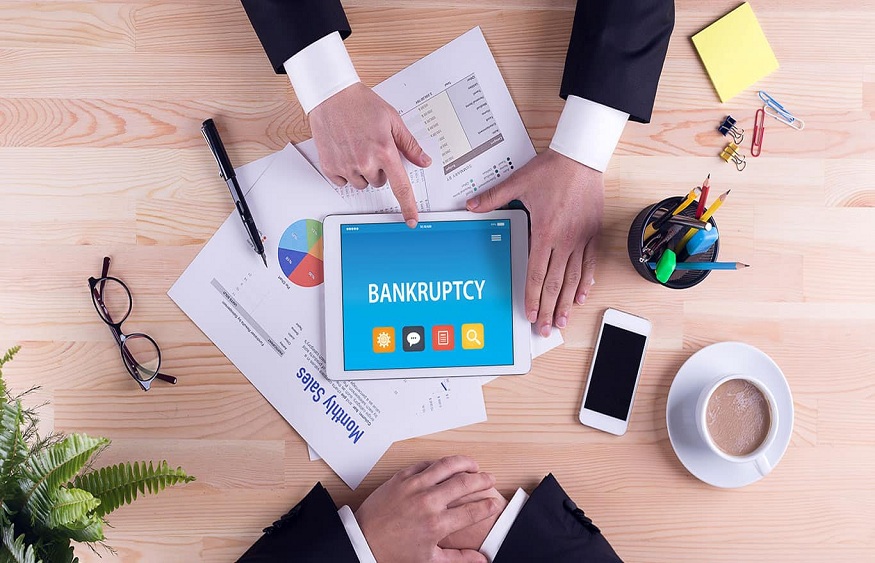Unfortunately, there have been a lot of small businesses that have fallen casualty to the 2020 Coronavirus pandemic. According to the Harvard Economic Tracker, over one-third of America’s 32.5 million small businesses (those with under 100 employees) were forced to close – either temporarily or permanently.Clearly, this has had a negative impact on the U.S. economy.
Filing for Bankruptcy as a Sole Proprietorship
If you’re a sole proprietor, there are two types of bankruptcy that you can file for. The first is chapter 7 (a.k.a. liquidation, straight bankruptcy), which means you’ll have to close your business and surrender any nonexempt property so it can be sold to pay your debts. Some states offer various exemptions so you can get a fresh start after you file for bankruptcy. You’ll need to talk to a bankruptcy attorney to determine what your state includes here.
Your other option is to file for Chapter 13 bankruptcy. This works the same as it would for individuals in that the court approves a 3 – 5-year repayment plan. Once this period is over, your debt is discharged as long as you’re current with your debts.A bankruptcy attorney will tell you that this is a great way to retain your assets if you have less than $383,175 in unsecured debt and $1,149,525 in secured debt.
Filing for Bankruptcy as a Limited Partnership (LP)
With an LP, you have both general and limited partners. It’s your general partners who are held personally responsible by your creditors. Your limited partners are only responsible for any debt that they’ve personally guaranteed. You’ll need to speak with a bankruptcy attorney about how to file for bankruptcy here.
Filing for Bankruptcy as a Limited Liability Partnership (LLP)
As part of an LLP, you should know that not every state will provide for you in its statutes. The name suggests that you have limited liability for the partnership’s debt, which is correct. However, as a partner, you’re reliable for any debts that you’ve personally guaranteed.
Filing for Bankruptcy as a Limited Liability Company (LLLC)
This is another type of company that may need to file for bankruptcy. In an LLC, the business entity is separate from those who are involved in operating it. If you choose to file for a Chapter 7 bankruptcy here, your assets will be liquidated to pay off your debts. Therefore, the owners aren’t held personally responsible for the business’s debts unless those debts are personally guaranteed by the owner. In such cases, the owners may need to file for personal bankruptcy so that they aren’t held liable here.
Seek Help from a Bankruptcy Attorney Before You File for Bankruptcy
As many of these small businesses fade away, closing their doors and never reopening them, many others are choosing to hire a bankruptcy attorney and file for bankruptcy. To determine which of these options is best for you, we encourage you to make time to talk to us at the Weller Legal Group in Tampa, FL.
You may also like
-
The Essential Role of a Hand Truck Trolley in Modern Material Handling
-
Why Wooden Pallets Are Still the Most Popular Choice for Logistics
-
Choosing the Right Pallet for Export: Plastic vs Wooden Pallets
-
Avoid These Common Mistakes with Corporate Event Invitations
-
The Benefits of Working with a One-Stop Online Engineering Plastics Supplier

